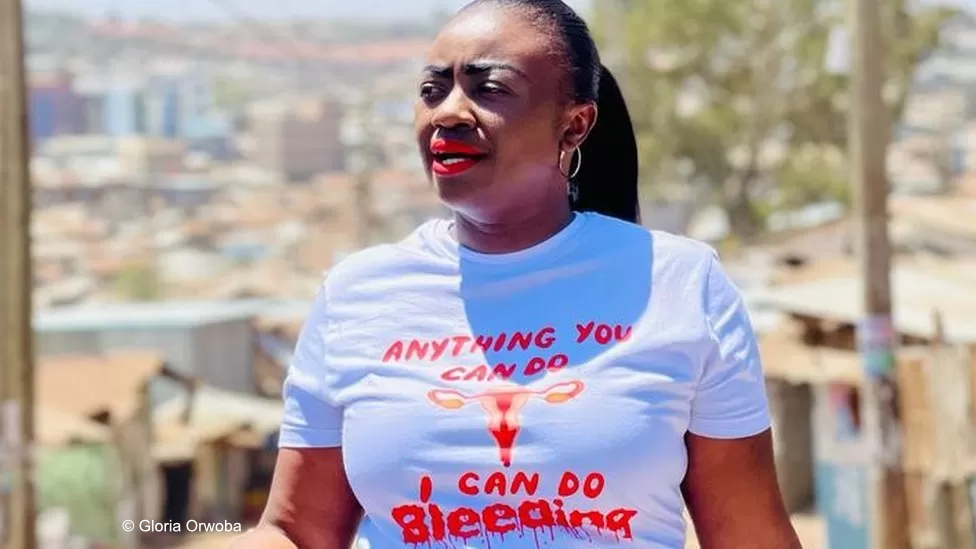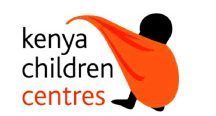Rape, misogyny, period shame. These are all factors that contribute to the hardship of women in Kenya.
In this blog we give some more detail about these issues and their impact on women, and discuss how reproductive health education is at the heart of their resolution.
Period Shame
65% of women and girls in Kenya cannot afford sanitary pads. The situation was highlighted in February 2023 when Kenyan Senator Gloria Orwoba, an advocate against “period shame” was asked to leave the Kenyan parliament because of blood stains on her trousers.

Numerous studies recognise “period poverty” (the lack of access to hygienic sanitary products during menstruation) as a primary reason for teenage abuse and health problems. Girls miss school when they have periods and endure shame among their friends and family. They are vulnerable to sexual predators and at risk of sexually transmitted diseases (STDs). According to UNESCO studies:
- 65% of females in Kenya cannot afford sanitary pads, leading to missed education and shaming in school.
- 10% of fifteen-year-old girls resort to prostitution in order to access sanitary products.
- The Kenyan Ministry of Education recently estimated that a girl is absent from school for 6 weeks in a year due to menstruation-related issues.
- Lack of knowledge and education about menstruation has a significant impact on society. Africa Business Daily reported in Feb 2020 that a 14-year-old schoolgirl in Bomet hanged herself after being humiliated by a teacher for having her period and staining her uniform.
- “Free” alternatives that are used include cow dung, leaves, and rags. All of these have a very high risk of infections such as urinary tract infections (UTIs) and adverse impacts on health. Importantly, the girls affected usually have no one to discuss this with and cannot afford adequate healthcare and medication.
Kenya’s Vision 2030 recognises that education is the most effective way to allow girls to secure a better future. But only 1/5 of girls aged 15-19 complete secondary education. Less than that go on to higher education. With education being such a key factor in helping women out of poverty, period poverty specifically has a major impact on their future.
Rape and Pregnancy
Women constitute over 50% of Kenya’s population, but the majority of them are among the illiterate and poor in the country. Women and adolescent girls are the most vulnerable group in Kenya. They are particularly vulnerable to poverty, especially in households and communities that are beset by gender-based violence, harmful cultural attitudes and beliefs around gender roles, norms and female empowerment.
22.9% of women aged 20–24 years old are married or in a union before age 18. 4.4% before the age of 15.
In 2018, 22.8% of women aged 15-49 years reported that they had been subject to physical and/or sexual violence by a current or former intimate partner in the previous 12 months.
Achoka and Njeru reported that 13,000 girls leave school every year due to teenage pregnancy. The relationship between teenage motherhood and schooling is explicit; when teenagers become pregnant and consequently become mothers most abandon schooling altogether. Stigmatisation and discrimination by teachers, parents, fellow students and the community are the major causes for discontinuing school.
 A study in the Nairobi slums by Kaburu and Mukira noted that most parents discontinued support to girls who become pregnant forcing such girls to look for work to support themselves. Getting a girl pregnant often led boys to drop out of school to work to support the girl and their new family.
A study in the Nairobi slums by Kaburu and Mukira noted that most parents discontinued support to girls who become pregnant forcing such girls to look for work to support themselves. Getting a girl pregnant often led boys to drop out of school to work to support the girl and their new family.
Overall the studies identify a range of critical vulnerabilities for young girls such as having to walk 100 metres or more to a communal toilet at night, running the risk of rape – or being seduced into sex with promises of food, shelter, sanitary towels or medicines. As in many other countries, most abuses are committed by relatives or close family friends.
Many girls see a relationship as a way out of poverty and into a better life. They are usually abused and discarded, disappointed.
Misogyny
Despite government laws on domestic violence, sexual offences, and funding for women-led businesses less than 1/3 of women consider themselves empowered. Violence, including rape and incest, continues to be an issue.
In Kenya, the manosphere has been associated with disturbing and toxic content denigrating women and promoting violence against them. In January, the country witnessed two gruesome cold-blooded murders of women, crimes that have both sparked outrage and fuelled a disturbing trend of victim-blaming among internet users.

But, as recently as Feb 2024, men were videoed chanting “We are going to kill you!” at an anti-femicide rally held in Nairobi (see https://twitter.com/bonifacemwangi/status/1750931104263999957)
Whilst the majority of men might not feel this way, the currently ‘silent majority’ need to make their voices heard.
What is to be done?
The education of both girls AND boys is key to addressing these issues.
Teaching them to respect their own bodies and the bodies of others. Teaching girls of girls about reproductive health, including the use of sanitary products, sexual health, and reproduction and how to avoid becoming pregnant. Teaching boys that women are their equals, and have the same rights as they do, including the right to be safe.
Coupled with charities that provide safe sanitary products, there is hope for the future.
Sources: BBC, Amref Health Africa, International Environmental Law Research Centre, USAID, UN, New Lines Magazine
